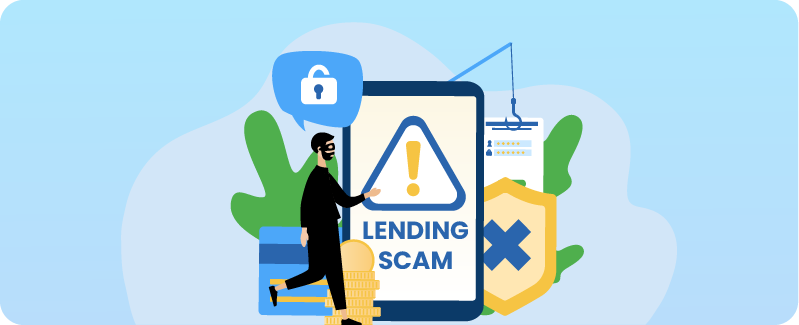- 30 Jun 2020
- Post Views: 14931


Would you hand over the keys of your home or car to any stranger and walk away unconcerned? Certainly not! That would be absurd.
If you think about it, being careless with your passwords amounts to doing much the same thing. That’s because your password is basically a key that combines with your login ID (which could be considered as a lock) to give access to information or the right to execute an action.
The consequences of someone using your password to break into your account could range from innocuous to extremely damaging. Money could be stolen, precious data could be taken or corrupted and you could even be putting your company at risk if you transfer files between official and personal devices, among many other risks.
By keeping in mind just a few simple practices, you can ensure that your password remains safe. Here are five of the most important ones:
To Summarise …
Conventionally, experts advise that a strong password should be at least 12 characters long and include a mix of numbers, symbols, upper-case and lower-case letters.


